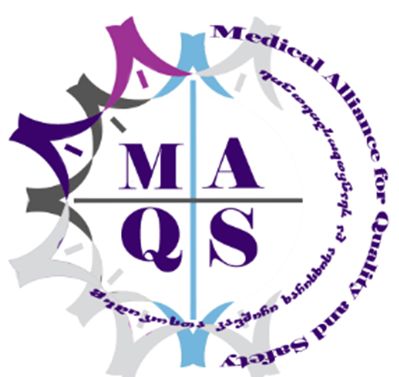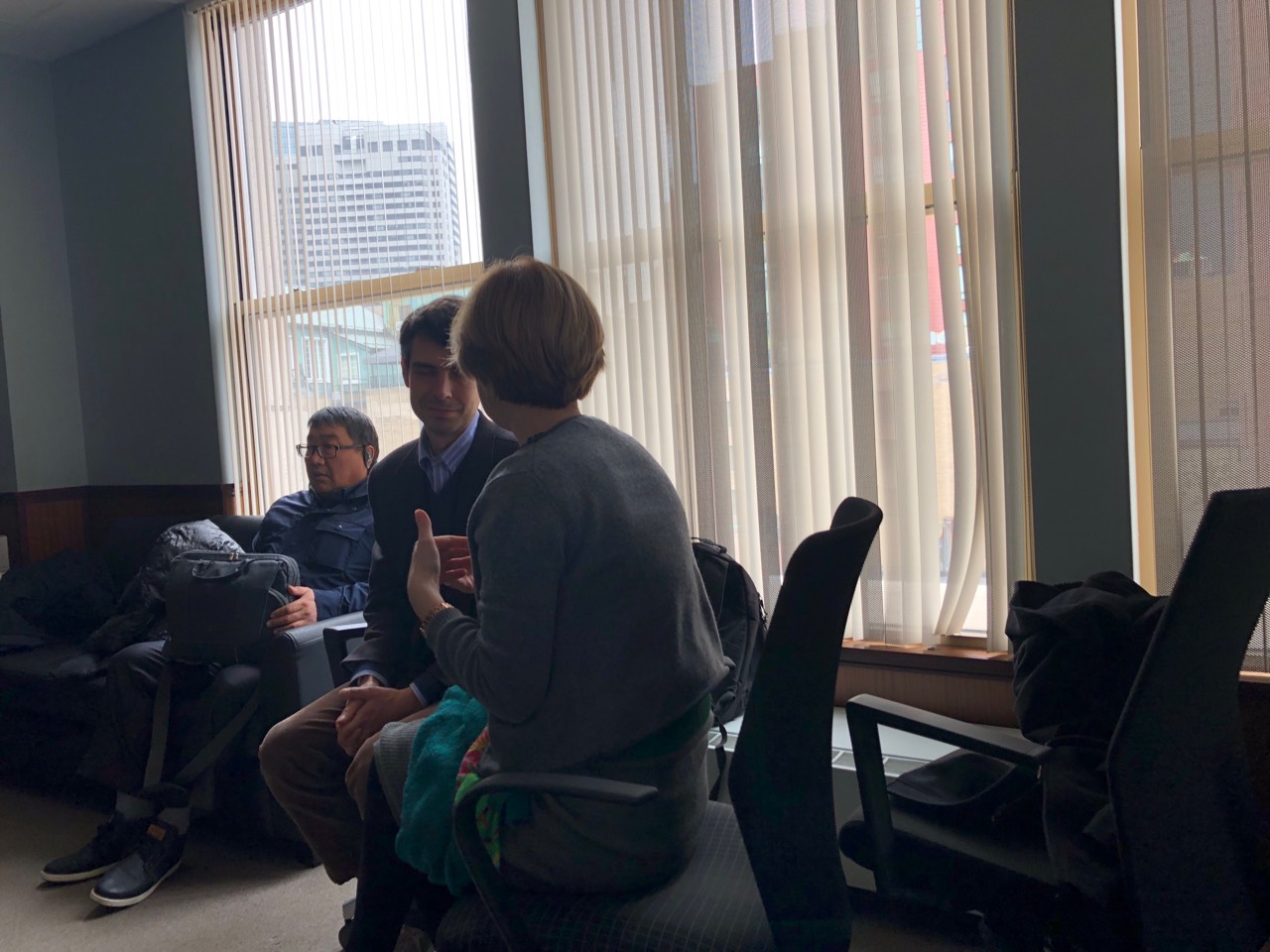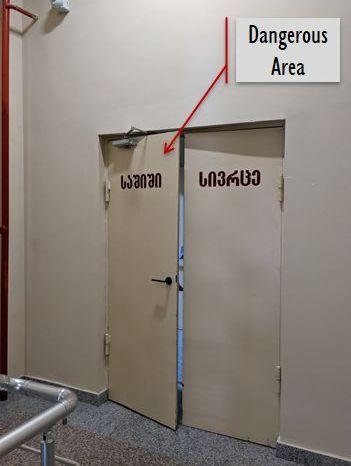Earlier Initiatives
Three major projects serve as background to our initiative. The first is USAID’s Health Care Improvement (HCI) Project, which operated in Georgia from 2012 to 2014, and was extended under ASSIST funding through April 2015. The Georgian scope of work centered around a new quality improvement (QI) collaborative of 17 ambulatory sites and three hospitals in Imereti Region, focusing on cardiovascular disease, asthma, and respiratory tract infection. HCI also sought to adapt national protocols, develop continuous professional development modules, build evidence search and appraisal skills, and sustain effort via the new Georgia Health Quality Forum and a Facebook page. The second was USAID’s SUSTAIN project, which ran from 2009 to 2015, addressing several aspects of maternal and child health, particularly contraceptive use and perinatal care (JSI, 2015). The project included objectives in medical education reform and accreditation, and like HCI, leveraged a regional QI collaborative to research antibiotic prophylaxis compliance, to benchmark data, and to share reasons for non-compliance.
Both USAID projects completed successfully, producing clinical improvements – but unfortunately, both fell short of their desired goals to build “human resource and institutional capacity” and promote “greater efforts to institutionalize a culture of [QI] in both networks” (JSI, 2015). SUSTAIN evolved into specific focus on a national prenatal care system, including leveling old maternity houses and disseminating care guidelines, while the Georgia Health Quality Forum fell largely dormant once funding ended in March 2014.
The third was the Medical Alliance for Quality and Safety, founded by Dr. Nino Butskhrikidze and Dr. Eka Rukhadze, the Directors of Quality for EVEX Hospitals and Geo Hospitals, respectively. As practicing professionals, they were keenly interested in advancing the field of quality and patient safety, particularly through professional development. In addition to several international research presentations, they led a grassroots effort to integrate classes on these topics into the curriculum of several medical schools. The effort ran from 2012 until 2018, when a new chapter began through a chance meeting.



